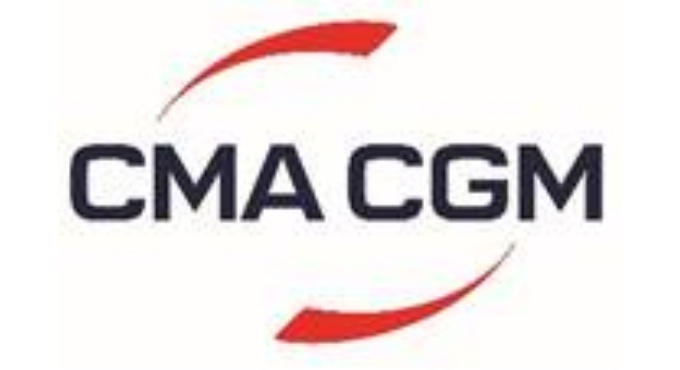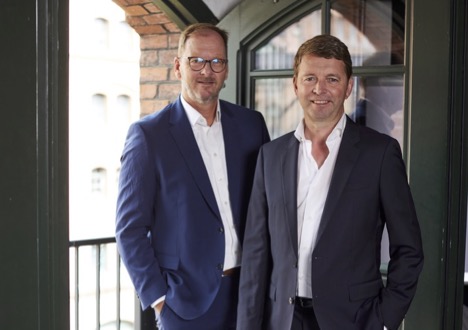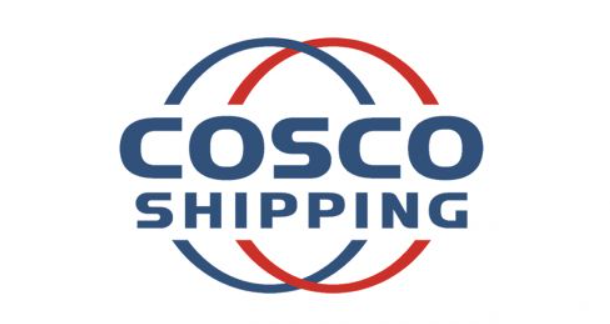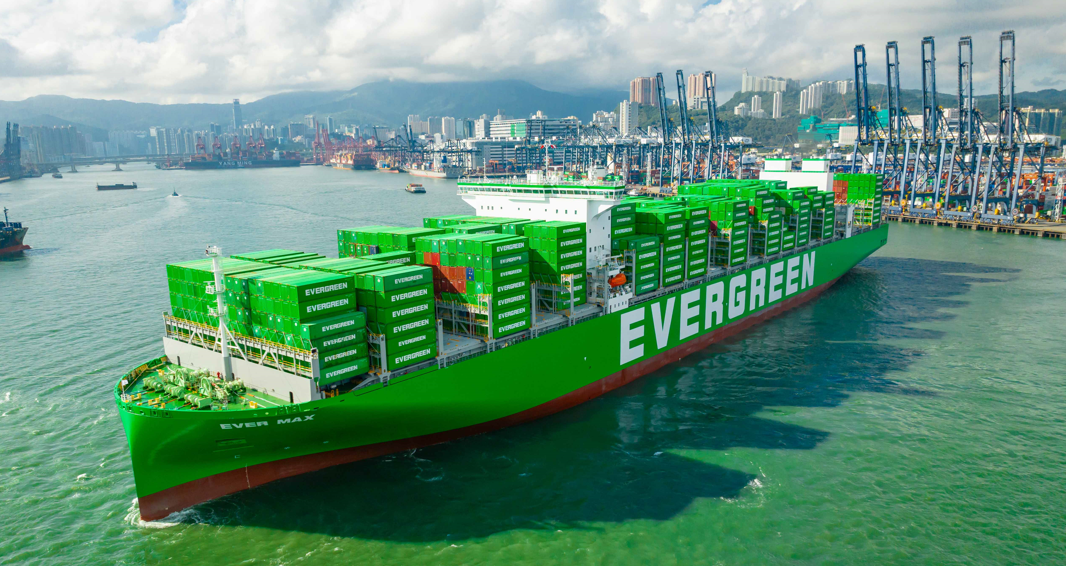WinGD adds MITSUI E&S Tamano Factory to Japanese engine building network
Swiss marine power company WinGD has concluded an agreement with Mitsui E&S Diesel United (MESDU), part of the Mitsui Engineering & Shipbuilding group, that will see WinGD engines being built at its main Tamano works for the first time. The agreement adds considerable engine building capacity and enables WinGD to meet growing demand in a leading shipbuilding market with a reputation for delivering sophisticated, high-quality vessels.
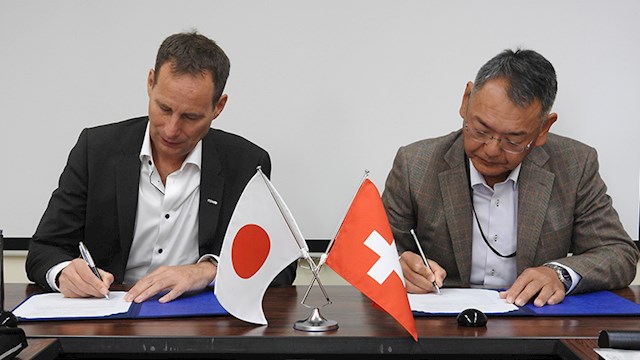
WinGD engines have previously been built only at the company’s Aioi Factory, which was acquired from IHI Group when the Diesel United business was sold to MITSUI E&S earlier this year. The new agreement, which complements an earlier cooperation agreement signed with Diesel United in 2015, means that WinGD engines can now be built at both the Aioi and Tamano Factory.
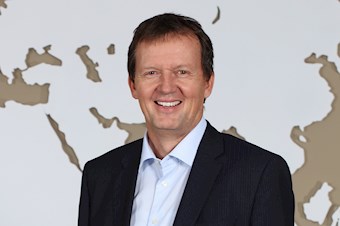
WinGD Director Operations Rudolf Holtbecker said: “Expanding in Japan in close collaboration with MESDU is a natural step as we see significant changes in vessel specifications from Japanese shipyards. As new designs emerge for vessels using alternative fuels including methanol and ammonia, as well as cutting edge LNG and hybrid technologies, Mitsui E&S DU (MESDU) will now be ready to fulfil the increased demand for domestically built WinGD engines.”
MESDU President Hiroyuki Takumi said: “This agreement gives MITSUI E&S even more capacity to offer shipyards and shipowners the quality main engines that will power future generations of sustainable vessels. We are happy to be able to deliver on WinGD’s efficient and reliable engine designs to support even more Japanese vessels through the energy transition.”
As well as WinGD’s existing diesel-fuelled X‑Engines and LNG dual‑fuel X‑DF engines, the additional building capacity at the Tamano Factory will also be dedicated to X‑DF‑A ammonia‑fuelled and X‑DF‑M methanol‑fuelled engines, which will be available for delivery from Q1 2025.
Japan is a key market for WinGD engines, with recent notable engine and system integration orders for LNG‑hybrid vessel series for NYK Line and K Line. The country has also long been a core element of WinGD’s technology development process; the new Variable Compression Ratio (VCR) technology, which allows dual‑fuel engines to dynamically optimise combustion for each fuel, was the result of more than a decade of co-development with MESDU and its forerunner Diesel United.
Source: WinGD
The opinions expressed herein are the author's and not necessarily those of The Xinde Marine News.
Please Contact Us at:



